FSG has a long history of championing international voices and works in translation, from Roberto Bolaño to Marguerite Yourcenar. In honor of that history and our efforts to carry on the work of our predecessors, we’ve compiled a list of some of our favorite works in translation from 2018, and books we can’t wait to publish in 2019.
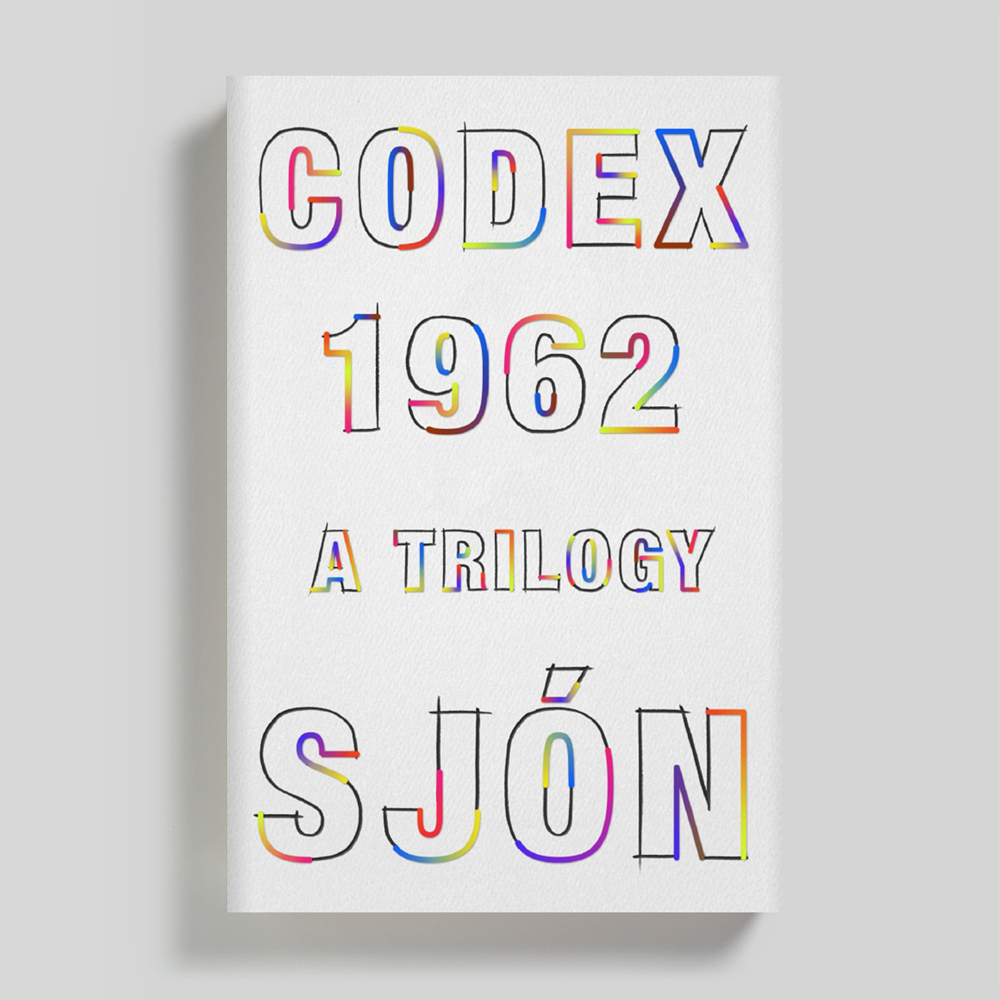
CoDex 1962, translated from the Icelandic by Victoria Cribb
Spanning eras, continents, and genres, CoDex 1962—twenty years in the making—is Icelandic author Sjón’s epic three-part masterpiece. Josef Löwe, the narrator, was born in 1962—the same year, the same moment, even, as Sjón. Josef’s story, however, stretches back decades in the form of Leo Löwe—a Jewish fugitive during World War II who has an affair with a maid in a German inn; together, they form a baby from a piece of clay. The first volume is a love story; the second a crime story; and the third, set in present-day Reykjavík, a science fiction story—a coda that brings the tale of genetics and genesis full circle. Sjón weaves ancient and modern material, folklore, and cosmic myths into a singular masterpiece that honors the rich tradition of Icelandic storytelling.

Seventeen, translated from the Japanese by Louise Heal Kawai
A tense, investigative thriller from the bestselling author of Six Four set amid the aftermath of disaster. The book spans seventeen years, starting in 1985 with Kazumasa Yuuki, a seasoned reporter at the North Kanto Times. When an air disaster of unprecedented scale occurs on the paper’s doorstep, its staff is united by an unimaginable horror and a once-in-a-lifetime scoop. In 2003, Yuuki remembers the adrenaline-fueled, emotionally charged seven days that changed his and his colleagues’ lives while making good on a promise he made that fateful week—one that holds the key to its last solved mystery.
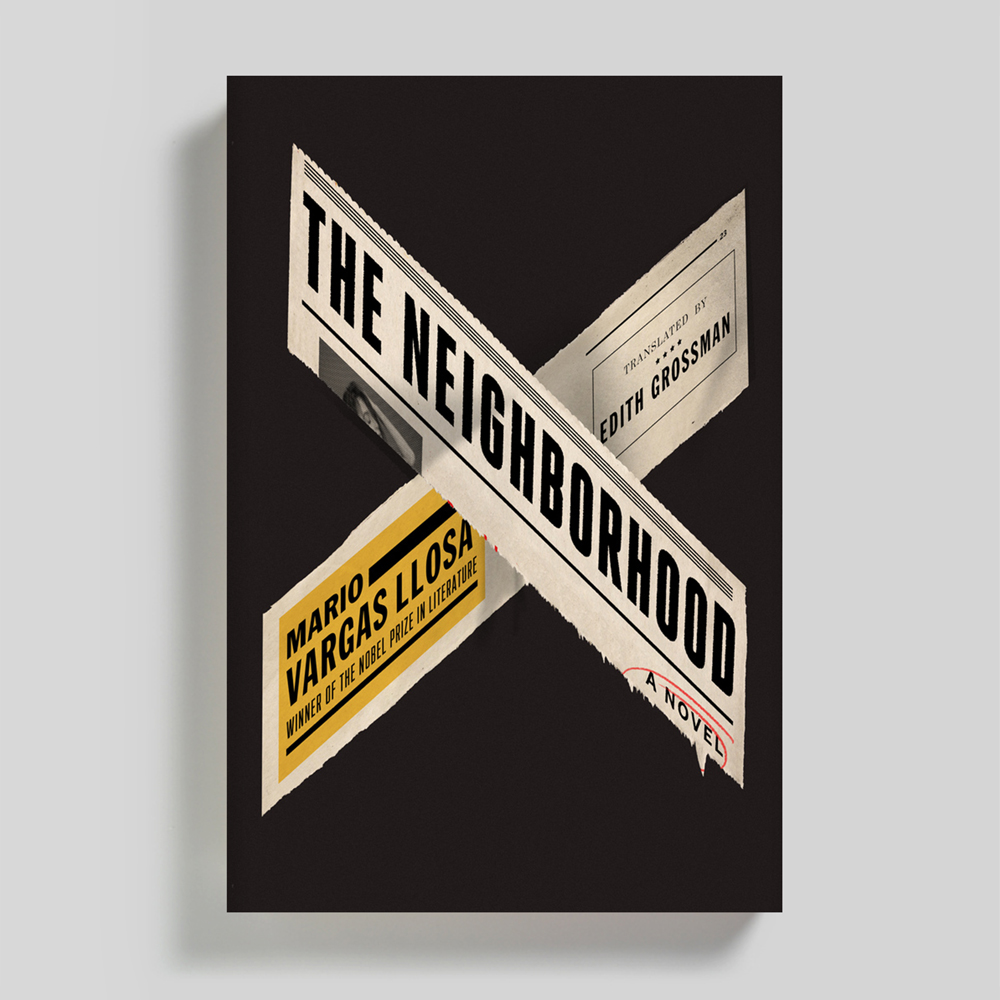
The Neighborhood, translated from the Spanish by Edith Grossman
Featured on The New York Times’ 100 Notable Books of 2018 list, Nobel laureate Mario Vargas Llosa brings us a thrilling detective novel that delves into the corrupt political system of 1990s Peru. He presents a world of blackmail, scandal, and lies while offering a scathing indictment of the vulgarity of freedom in a corrupt system—one that finds contemporary resonance. The New York Times writes: “When civic life becomes degraded, Vargas Llosa demonstrates, everyone is affected, the rich and the poor, the high and the low, the victim and the victimizer.”
“When civic life becomes degraded, Vargas Llosa demonstrates, everyone is affected, the rich and the poor, the high and the low, the victim and the victimizer.”
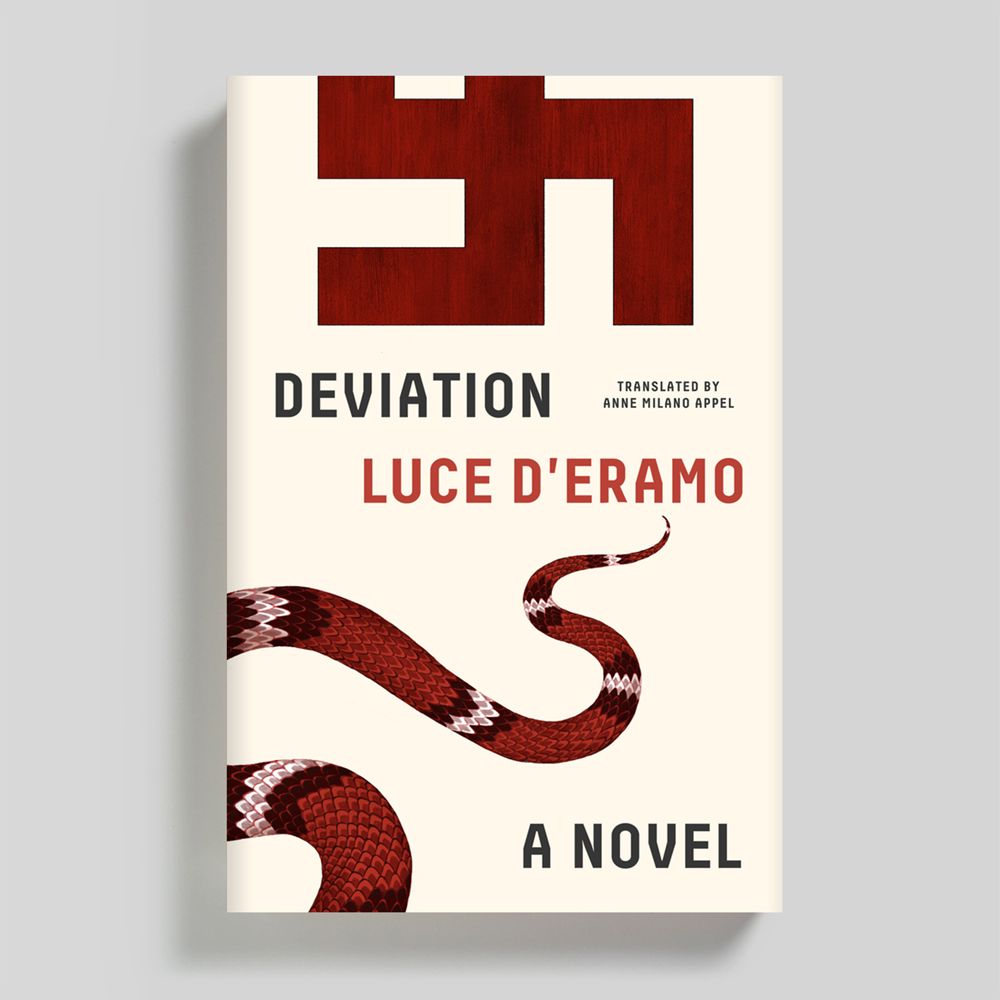
Deviation, translated from the Italian by Anne Milano Appel
Luce d’Eramo’s Deviation looks at what it takes to make someone change her mind, her ideologies, and her politics. The book centers on Lucia, a young Italian girl from a bourgeois fascist family whose life is forever altered after volunteering as camp labor in Germany and witnessing the horrors of the Holocaust first-hand. Her journey is a harrowing, surreal descent into hell, and forces her to confront the stark and brutal realities of life under Nazi rule. First published in Italy in 1979, Deviation is a seminal work in Holocaust literature. NPR’s Martha Anne Toll wrote: “It is not simply d’Eramo’s personal story, but also her ruthless quest for self-knowledge, that render Deviation a literary tour de force.”

Wait, Blink, translated from the Norwegian by Kari Dickson
A Kirkus Reviews Best Book of the Year and longlisted for the 2018 National Book Award for Translated Literature, Øyehaug’s Wait, Blink—her first novel to be translated into English—is a jolt of desire and fantasy, romance and regret. Sigrid is a young literature student trying to find her voice as a writer when she falls in love with an older, established author. Trine has reluctantly become a mother and struggles to create as a performance artist. Aspiring movie director Linnea scouts locations in Copenhagen for a film she will never make. As these characters’ stories collide and intersect, they find that dealing with the pressures of their lives also means coming to grips with a world both frightening and joyously ridiculous.
Books We’re Looking Forward to In 2019:
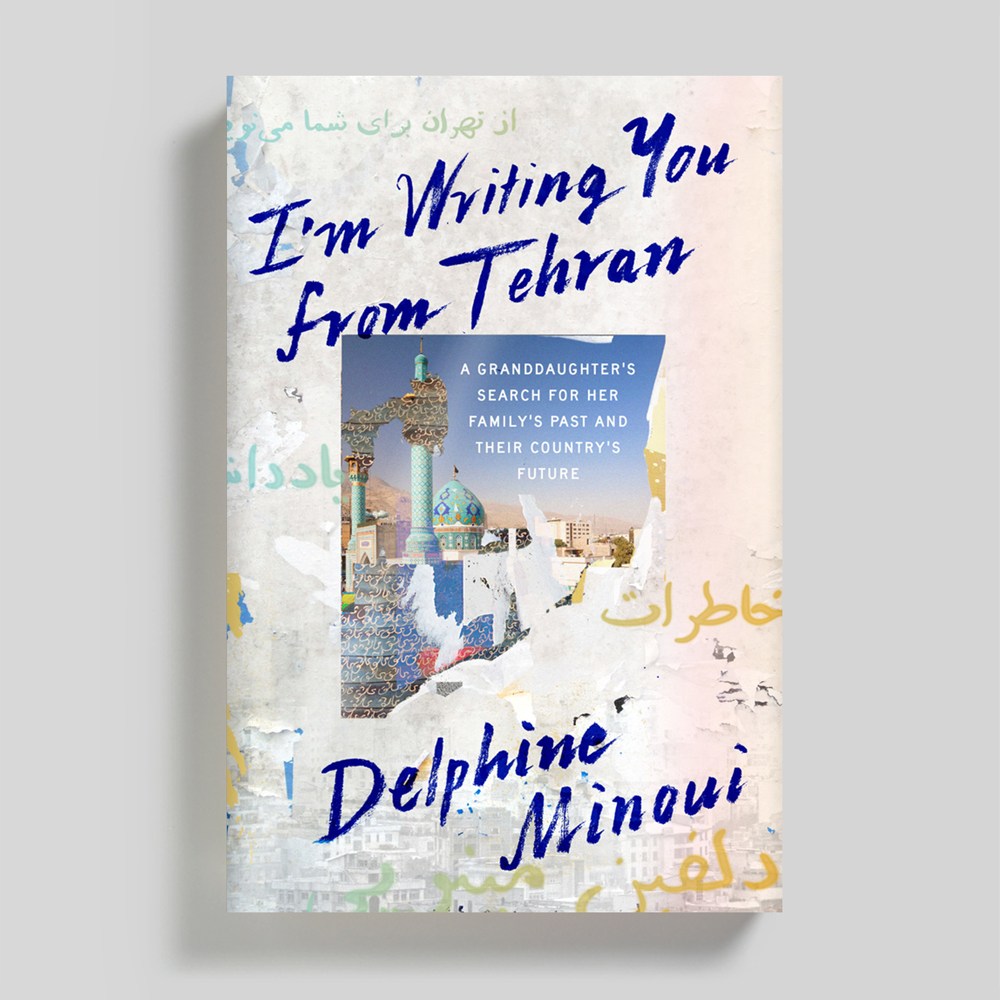
I’m Writing You from Tehran, translated from the French by Emma Ramadan
In 1998, following the death of her beloved grandfather, journalist Delphine Minoui decided to visit Iran for the first time since the revolution—since she was four years old. She ended up staying for ten years, experiencing great internal and external change and getting to know her own family. She gets caught in protests and is interrogated by secret police; she gets married, loses her press credentials, and is separated from her husband. Yet through it all her love for this place and its people deepens and she finds new purpose in learning about her family’s past. The book is framed as a letter to her grandfather and is a moving view into an often obscured part of our world.
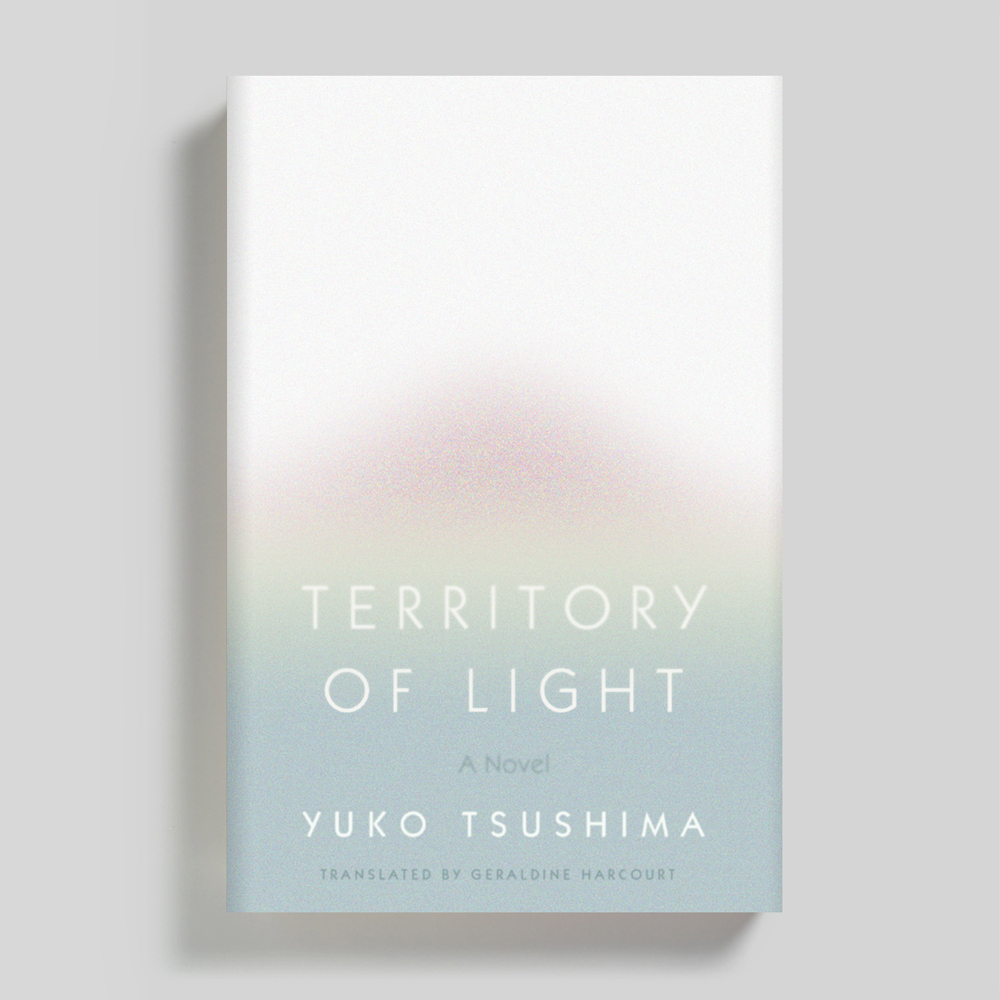
Territory of Light, translated from the Japanese by Geraldine Harcourt
It is spring. A young woman, left by her husband, starts a new life in a Tokyo apartment. Territory of Light follows her over the course of a year, as she struggles to bring up her two-year-old daughter alone. Her new home is filled with light streaming through the windows, so bright she has to squint, but she finds herself plummeting deeper into darkness, becoming unstable, untethered. As the months come and go and the seasons turn, she must confront what she has lost and what she will become. Originally published in twelve parts in the Japanese literary monthly Gunzo, between 1978 and 1979, each chapter marks the months in real time. The New York Times’ Foumiko Kometani wrote, “Yuko Tsushima is one of the most important Japanese writers of her generation.”
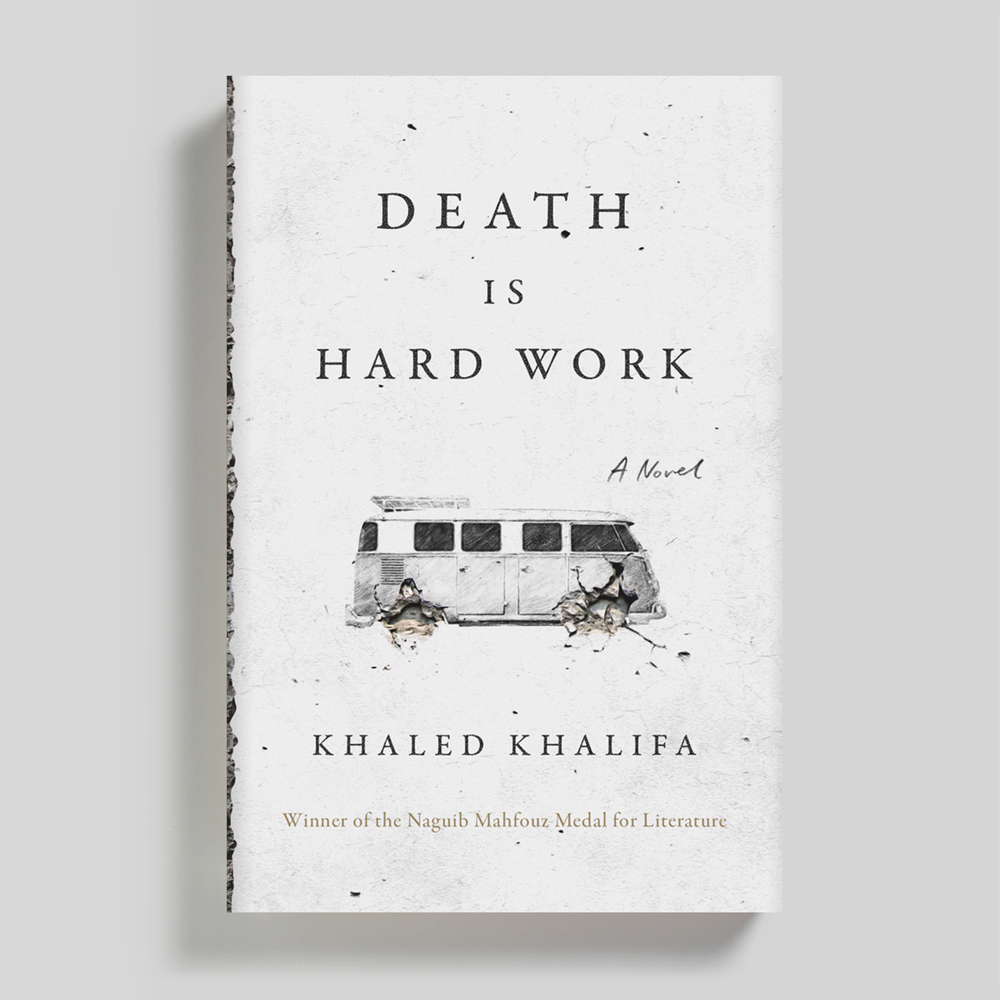
Death Is Hard Work, translated from the Arabic by Leri Price
Khaled Khalifa’s novel looks at what it is like to live through the Syrian civil war, following three ordinary people forced to confront the stuff of nightmares. Abdel Latif, an old man from the Aleppo region, dies peacefully in a hospital bed in Damascus. His final wish, conveyed to his youngest son, Bolbol, is to be buried in the family plot in their ancestral village of Anabiya. This conscientious son persuades his brother and sister to accompany him and the body to Anabiya, which is—after all—only a two-hour drive from Damascus. There’s only one problem: their country is a war zone. The siblings’ decision quickly balloons from a minor commitment into an epic and life-threatening quest.
The siblings’ decision quickly balloons from a minor commitment into an epic and life-threatening quest.
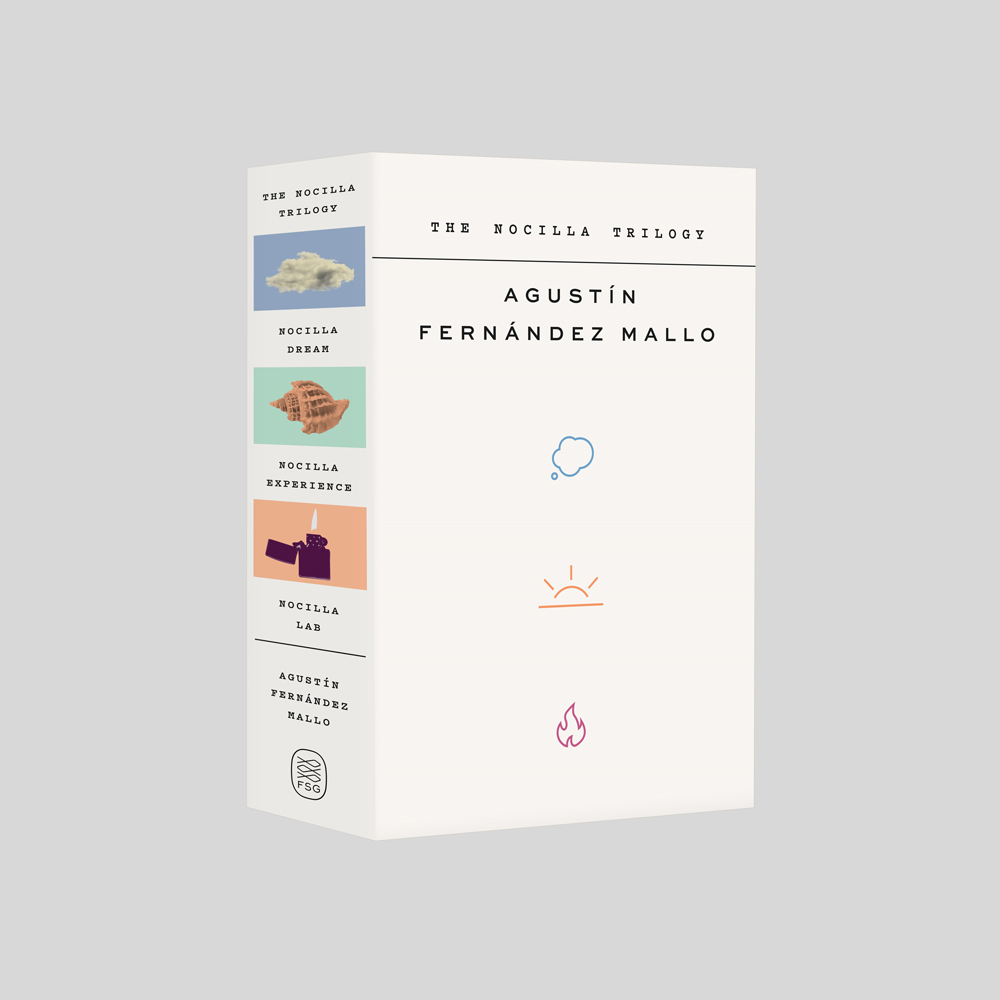
The Nocilla Trilogy, translated from the Spanish by Thomas Bunstead
In the middle of the Nevada desert stands a solitary poplar tree covered in hundreds of pairs of shoes. Farther along Route 50, a lonely prostitute falls in love with a collector of found photographs. On the run from the authorities, Kenny takes up permanent residence in the legal non-place of Singapore International Airport, while the novelists Enrique Vila-Matas and Agustín Fernández Mallo encounter each other on an oil rig. These are just a few of the narrative strands that make up Fernández Mallo’s Nocilla Trilogy—Nocilla Dream, Nocilla Experience, and Nocilla Lab. Greeted as a landmark in contemporary Spanish literature that reflects the interconnected world of the twenty-first century, the entire trilogy has not been available in English until now.
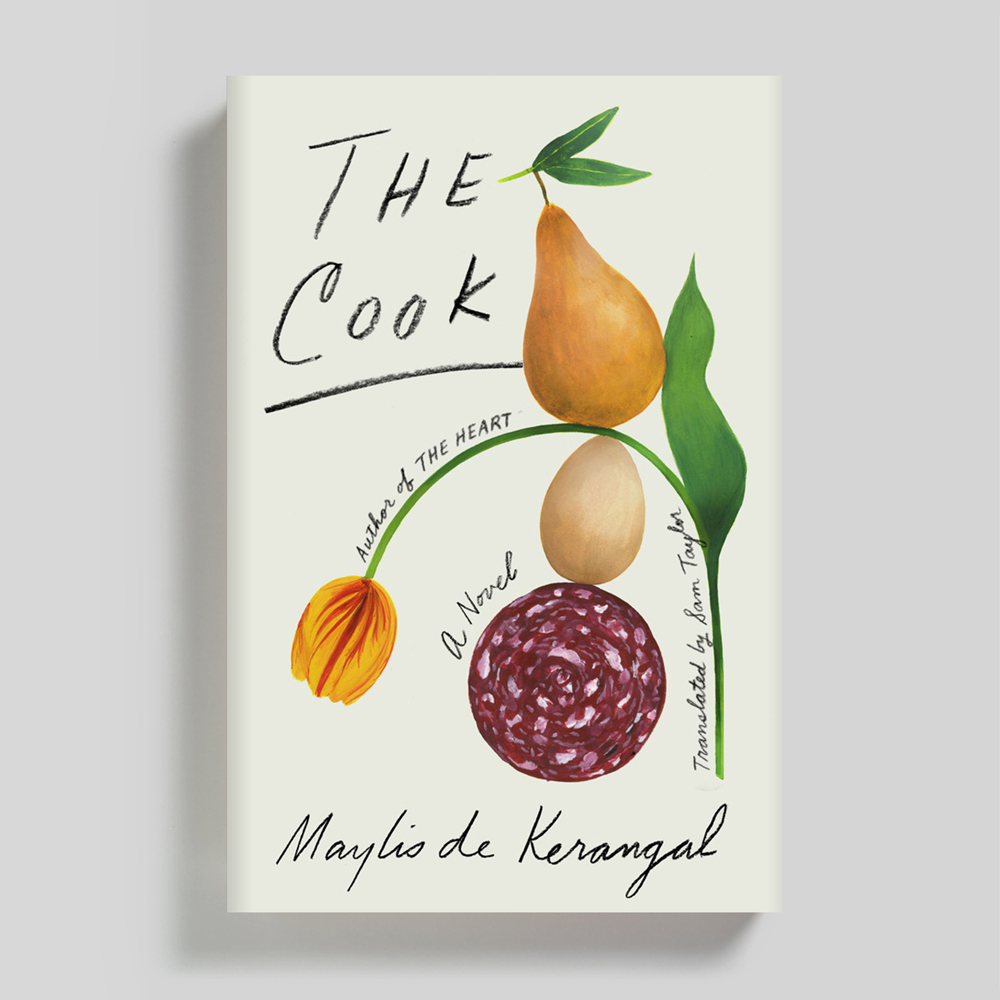
The Cook, translated from the French by Sam Taylor
The Cook dissects the world of young, self-taught Parisian chef Mauro through the voice of an unnamed female narrator. Set not only in Paris but in Berlin, Thailand, Burma, and other far-flung places over the course of fifteen years, the book is hyperrealistic—to the point of feeling, at times, like a documentary. Maylis de Kerangal’s lyricism and intensely vivid prose conjure moods, sensations, and flavors, as well as the exhausting rigor and sometimes violent abuses of kitchen work.
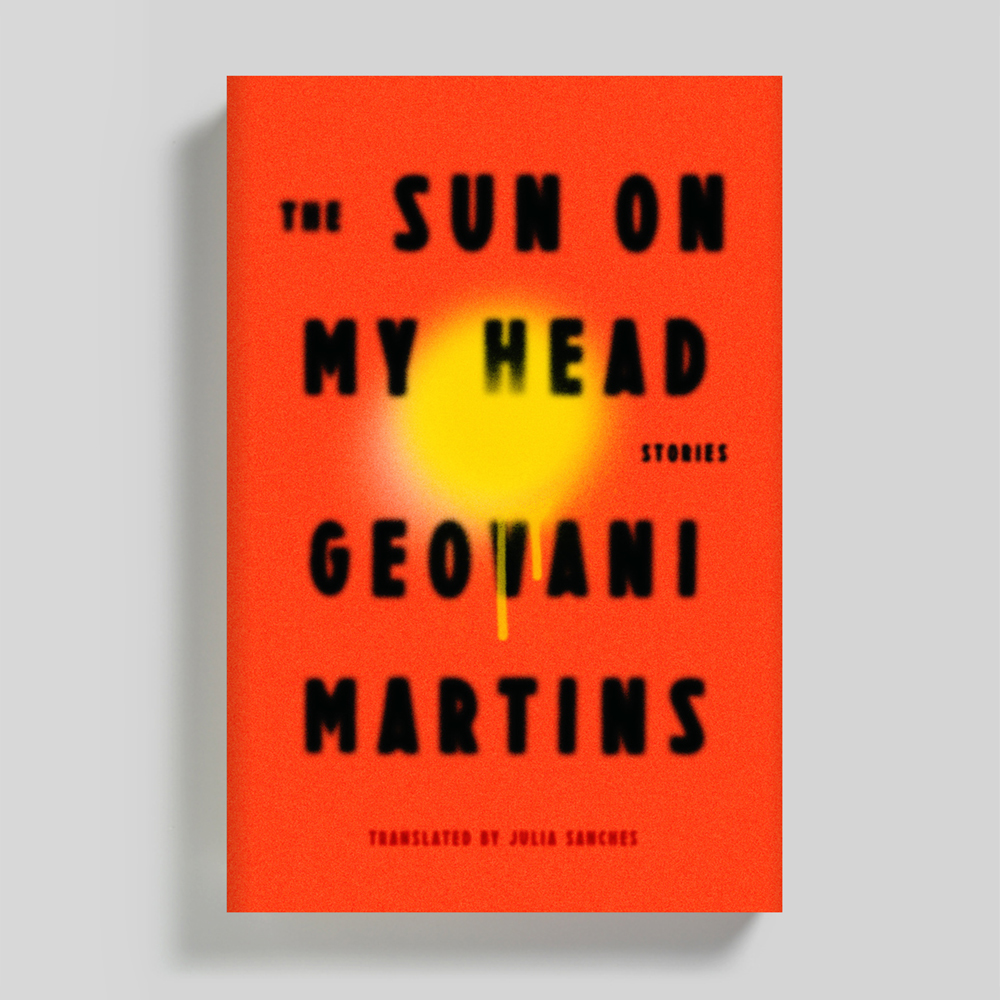
The Sun on My Head, translated from the Portuguese by Julia Sanches
From bestselling Brazilian literary sensation Geovani Martins comes a powerful debut short story collection about favela life in Rio de Janeiro. Martins was born in Rio and grew up with his mother and grandmother in the neighborhood of Rocinha. He supported his writing by working as a sandwich-board man and selling drinks on the beach. In The Sun on My Head, Martins draws on his childhood and adolescence to recount the experiences of boys growing up in the favelas in the early years of the twenty-first century, using the rhythms and slang of his neighborhood dialect to evoke the texture of life. He shows us a world shadowed by a ubiquitous drug culture, the constant threat of the police, and the confines of poverty, violence, and racial oppression. And yet these are also stories of friendship, romance, and momentary relief that showcase a talented and sensitive writer.
Martins draws on his childhood and adolescence to recount the experiences of boys growing up in the favelas in the early years of the twenty-first century, using the rhythms and slang of his neighborhood dialect to evoke the texture of life.
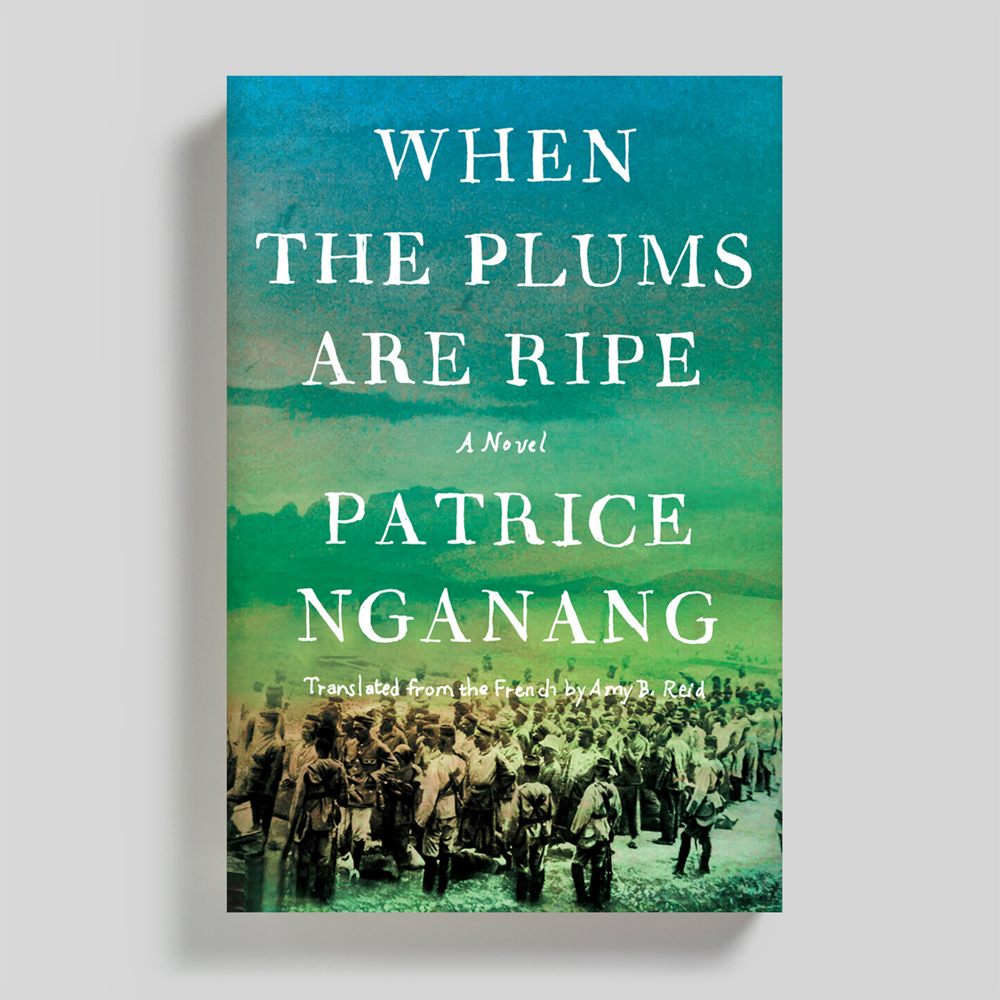
When the Plums Are Ripe, translated from the French by Amy Baram Reid
In Cameroon, plum season is a highly anticipated time of year. But for the narrator of When the Plums Are Ripe, the poet Pouka, the season reminds him of the “time when our country had discovered the root not so much of its own violence as that of the world’s own.” In the second volume of his magisterial trilogy, Patrice Nganang tells the story of Cameroon caught between empires during World War II, and in the process complicates our understanding of that globe-spanning conflict. Nganang’s brilliantly crafted, politically charged epic not only challenges the legacies of colonialism but also the intersections of language, authority, and history itself. The book was one of Vanity Fair’s Books We’re Looking Forward to in 2019.
